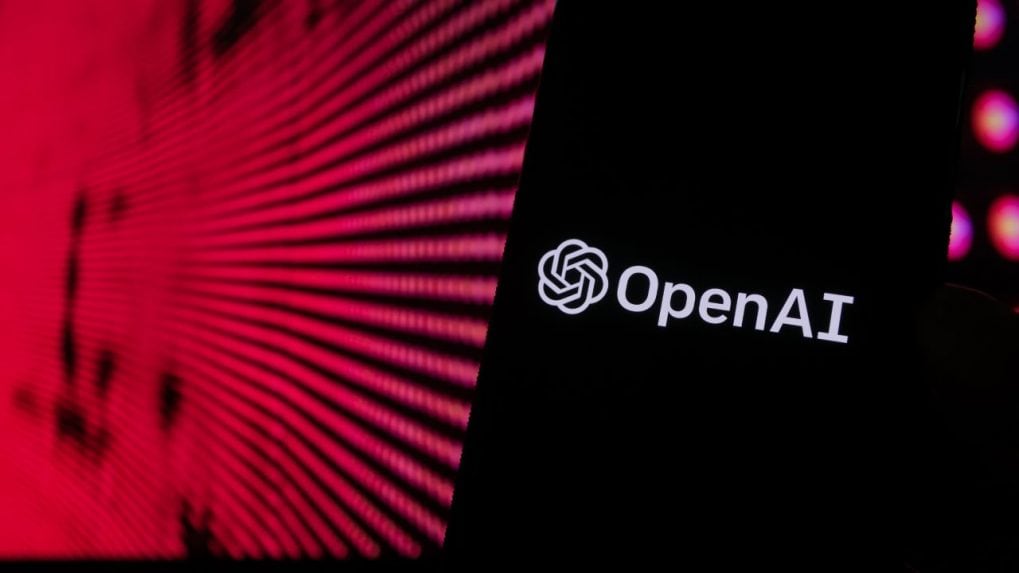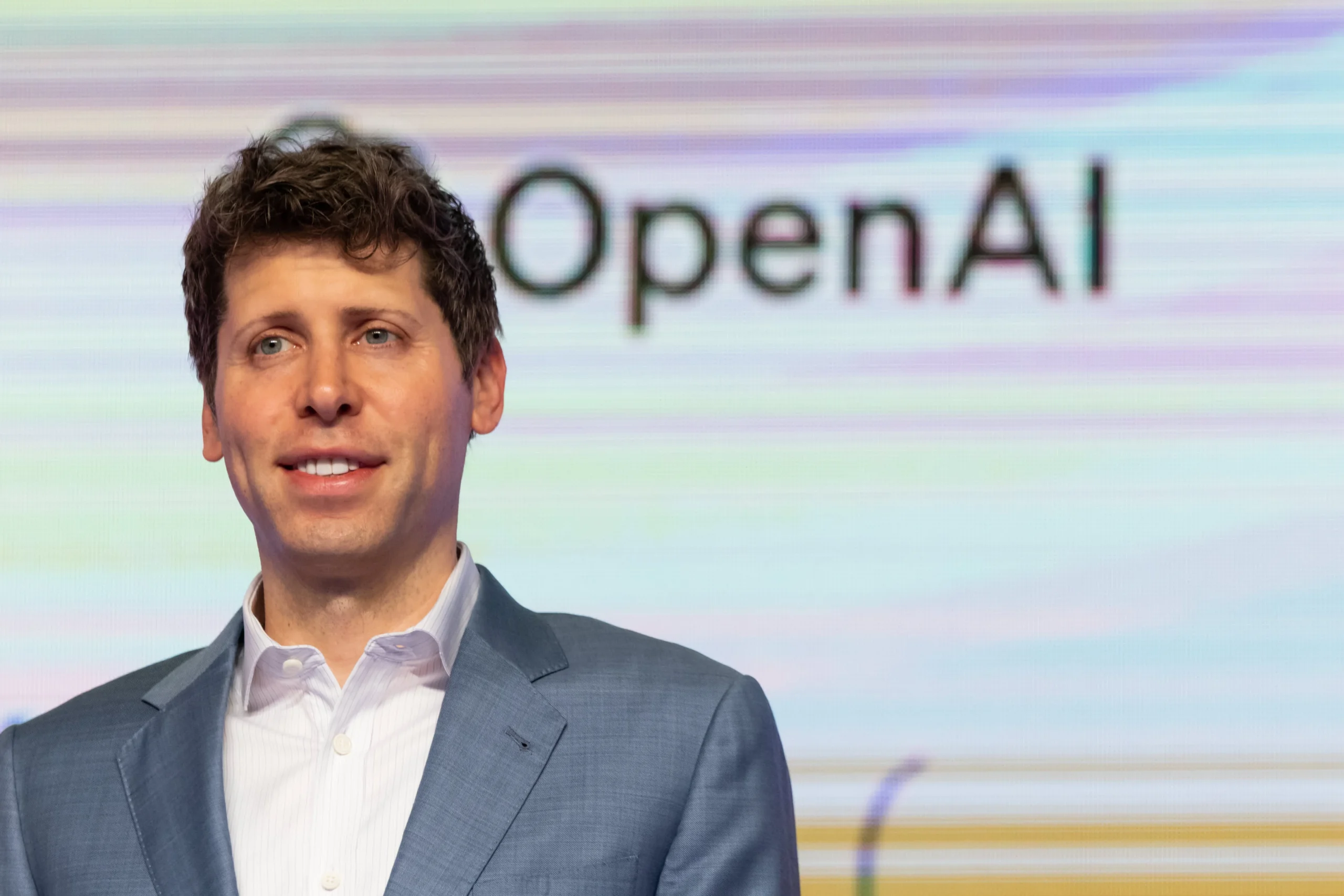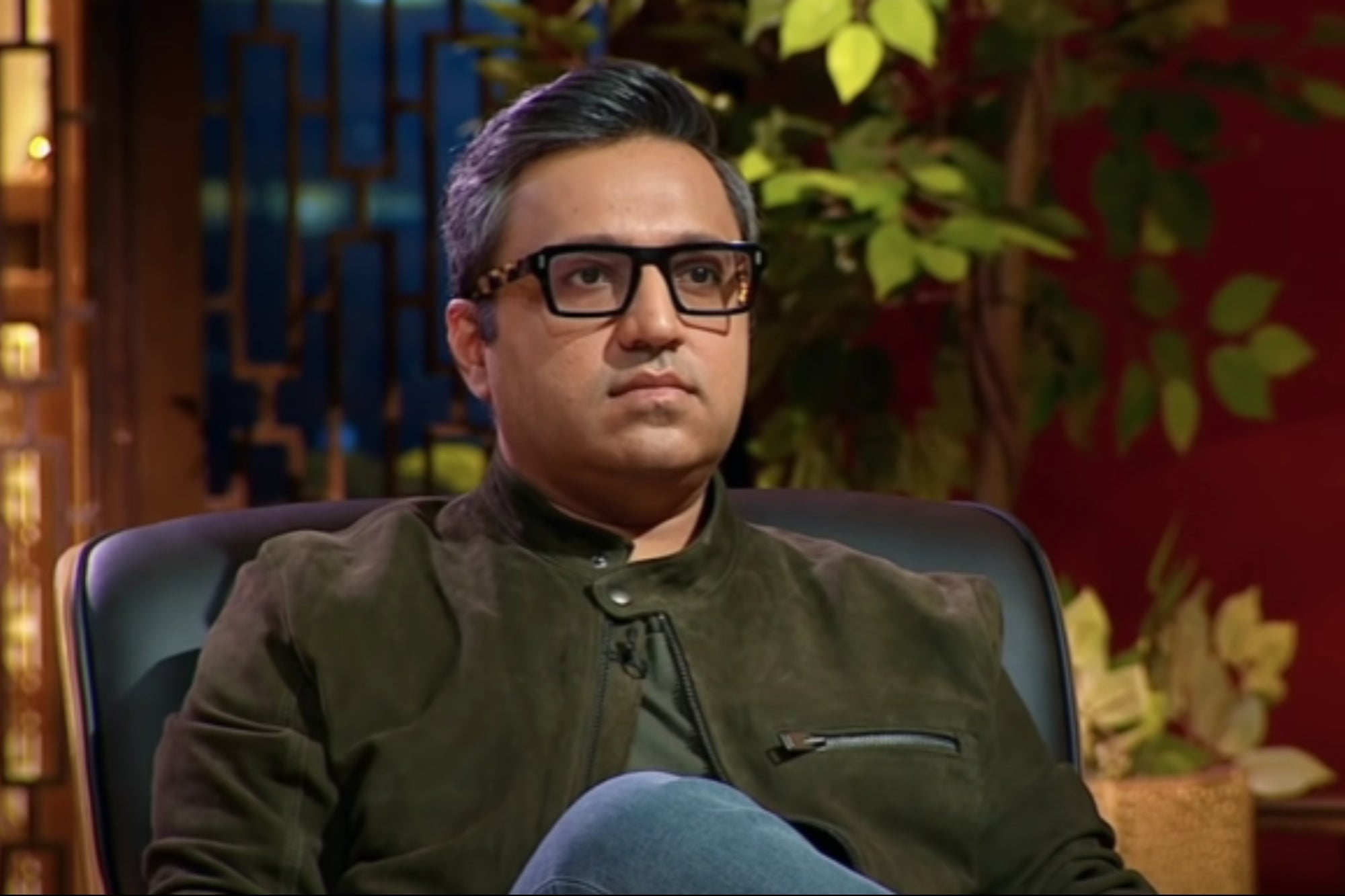The world of search engines might be on the cusp of a major shakeup. Rumors abound that OpenAI, the renowned artificial intelligence research laboratory, is developing a search engine powered by its powerful language model, ChatGPT. This potential challenger to Google’s dominance has sparked excitement and speculation within the tech world. Let’s delve into the reports and explore what a ChatGPT-based search engine might hold for the future of online exploration.
The Spark of Speculation

The rumors surrounding OpenAI’s search engine project stem from a recent discovery on Y Combinator’s Hacker News forum. A post revealed that OpenAI had registered a new domain name: “search.chatgpt.com.” This, coupled with OpenAI’s reputation for pushing the boundaries of AI, fueled speculation about a potential search engine in the works.
Beyond Keywords: A Search Powered by Conversation
While details remain scarce, experts suggest that an OpenAI search engine would likely differ significantly from traditional search engines like Google. Here’s what we might expect:
-
Conversational Search: Imagine a search experience that feels more like a conversation than a keyword query. ChatGPT, known for its ability to engage in dialogue, could potentially revolutionize how we interact with information.
-
AI-Generated Summaries: Instead of a list of links, a ChatGPT search engine might present users with AI-generated summaries of relevant information. This could save users time and effort, filtering through vast amounts of data to deliver the most pertinent details.
-
Contextual Understanding: ChatGPT’s ability to understand context could lead to a more nuanced search experience. The engine could factor in the user’s intent and past searches, refining results to better match their specific needs.
The Potential Benefits

A ChatGPT-based search engine offers a number of potential benefits:
-
Accessibility for All: A conversational search interface could be more user-friendly and accessible, especially for those unfamiliar with traditional keyword-based search methods.
-
Deeper Understanding: AI-generated summaries could improve users’ comprehension of complex topics, providing a more holistic understanding of search results.
-
Efficiency and Personalization: By filtering information and understanding user intent, a ChatGPT search engine could significantly reduce search time and personalize results based on individual needs.
Challenges and Concerns: Can AI Deliver Reliable Results?

While the prospect of a conversational search engine is exciting, there are also potential challenges to consider:
-
Accuracy and Bias: AI models are susceptible to bias based on the data they’re trained on. Ensuring the accuracy and impartiality of search results will be crucial for OpenAI.
-
The Filter Bubble: AI that personalizes results too much could create “filter bubbles,” where users are only exposed to information that confirms their existing beliefs. Maintaining a balance between personalization and access to diverse perspectives will be vital.
-
The Human Touch: While AI can handle vast amounts of data, human expertise remains essential for verifying information and ensuring the quality of search results.
The Future of Search: A Collaborative Landscape?
Whether OpenAI launches a full-fledged search engine or not, their research could significantly impact the future of online exploration. Here’s what we might see:
-
A Hybridization of Search: Existing search engines might incorporate elements of AI-powered conversation and information summarization, enhancing the user experience.
-
A More Competitive Landscape: OpenAI’s potential entry could spur innovation within the search engine space, with players like Google and Microsoft investing more heavily in AI-powered search features.
-
Focus on User Needs: Ultimately, the future of search will likely be shaped by a focus on user needs and preferences. Search engines that can deliver accurate, relevant, and user-friendly results will be the ones to succeed.
The Verdict: Still Evolving

While the rumors of a ChatGPT search engine are exciting, it’s too early to say definitively what the future holds. OpenAI has yet to confirm any official plans, and even if they do launch a search engine, it might take some time before it can truly challenge the dominance of Google. However, one thing is certain: the potential for AI to revolutionize the way we search for information is undeniable. As technology continues to evolve, we can expect a more dynamic, intuitive, and personalized search experience in the years to come.
Please share your thoughts in the comments. At theproductrecap.com, we are open to friendly suggestions and helpful inputs to keep awareness at peak.





